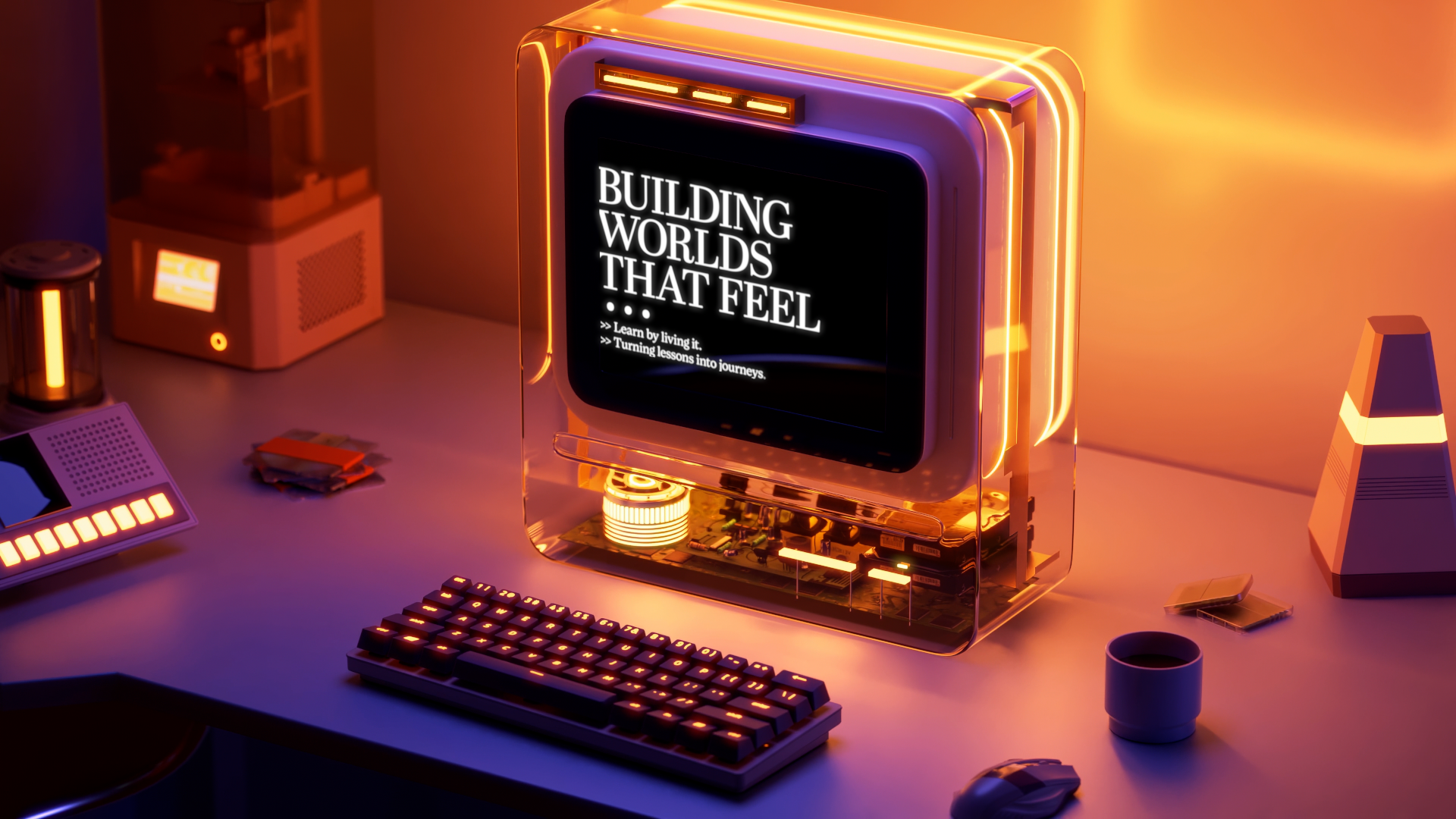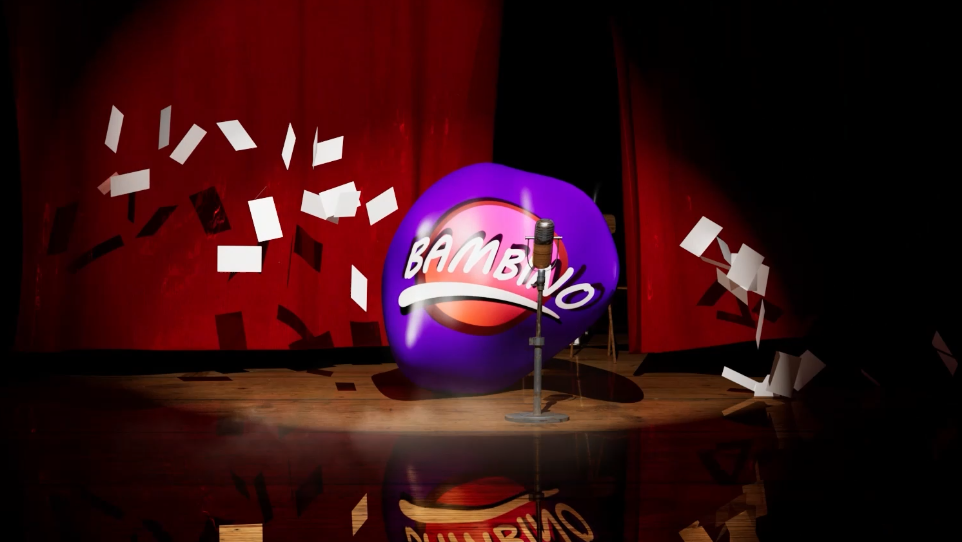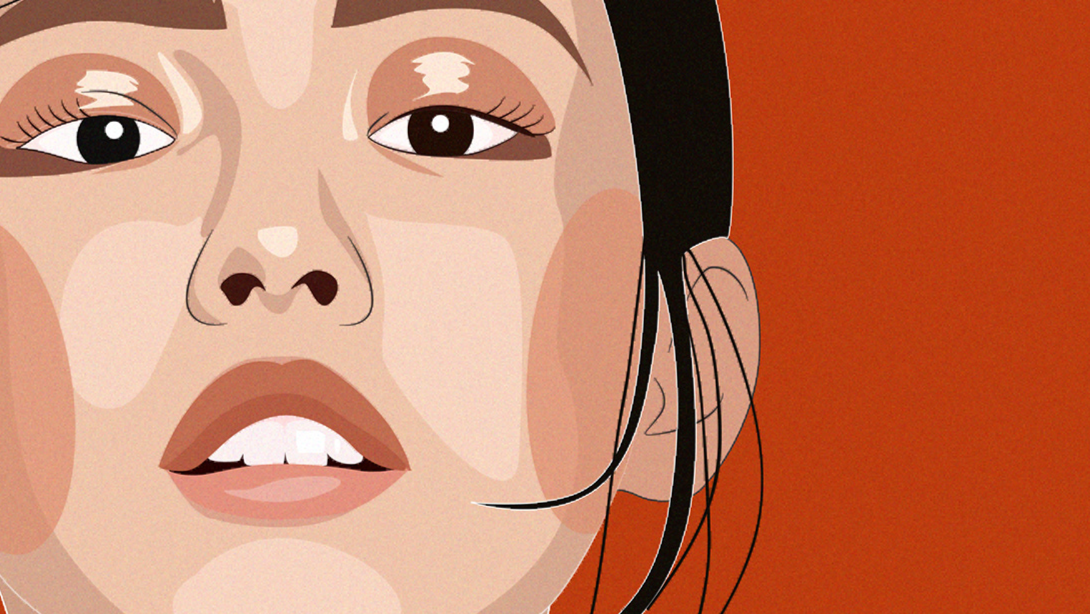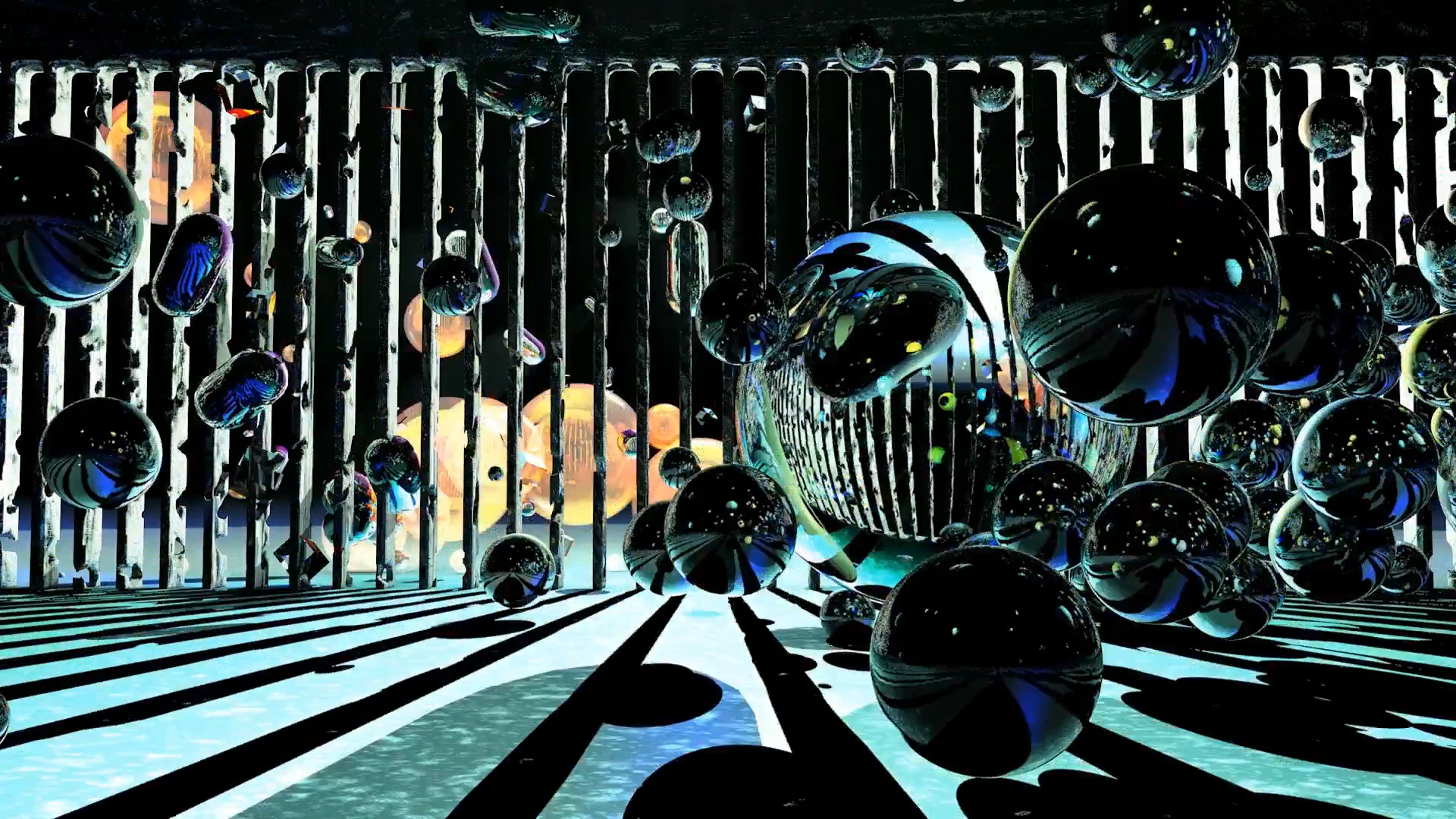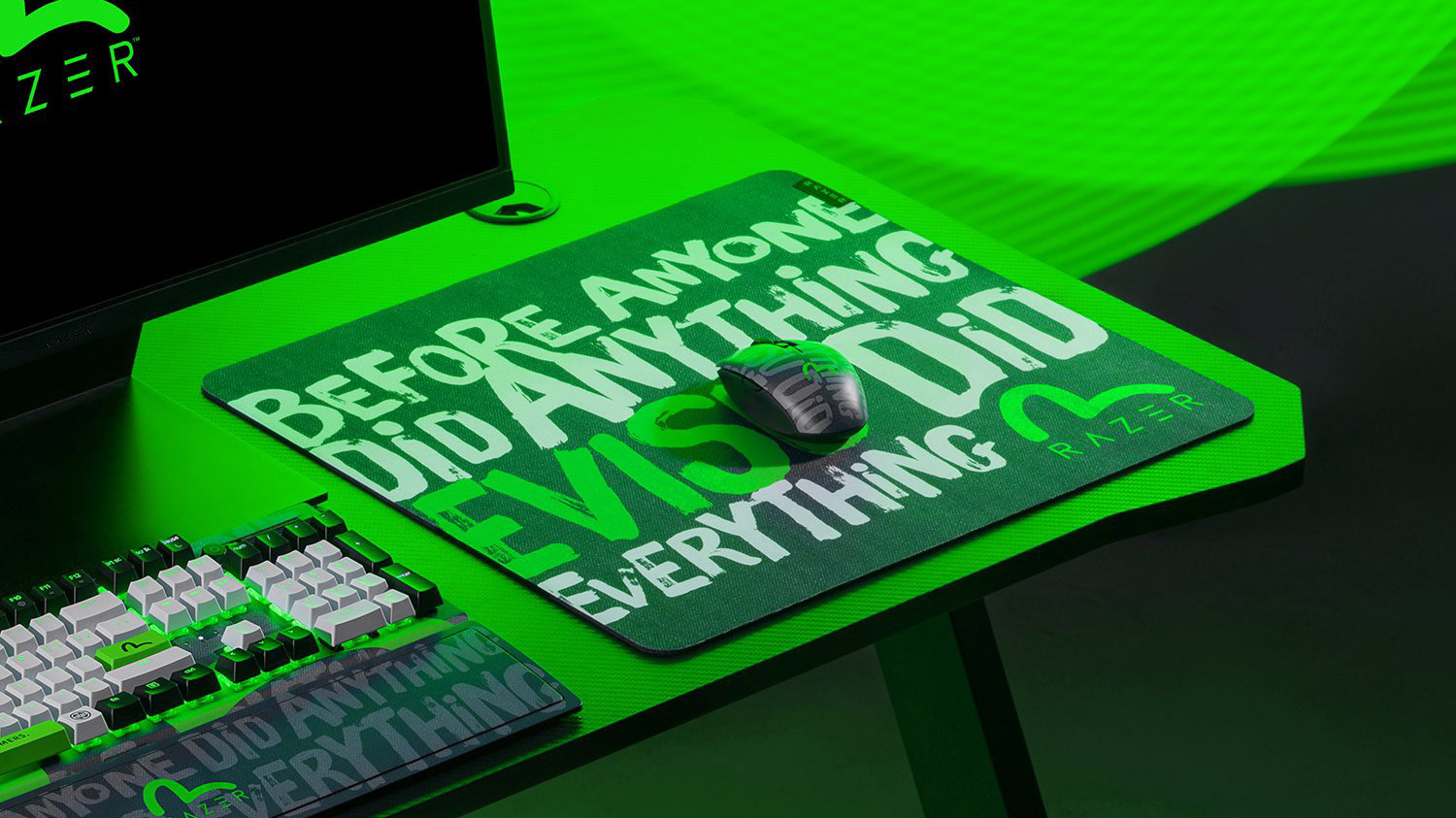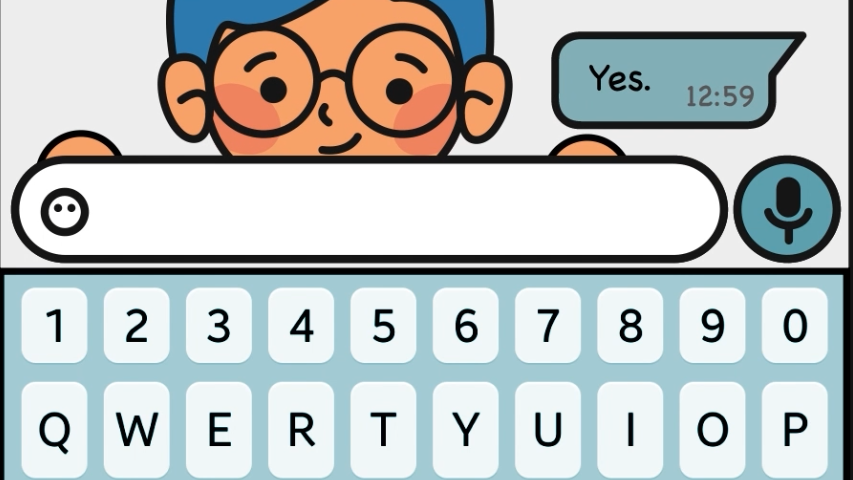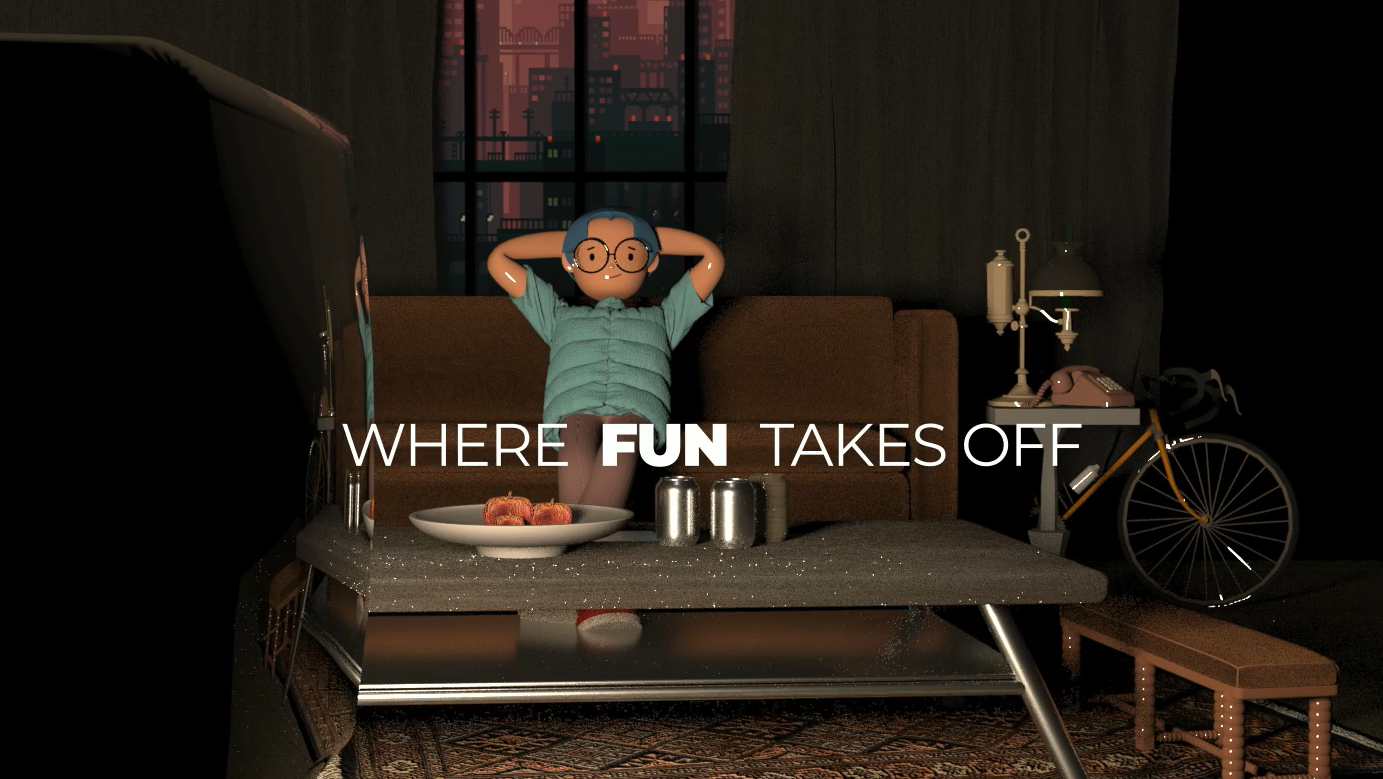Here’s a first look at our upcoming VR project: Twinity Studio.
WATCH THE VIDEO
Sound is OFF by default - Turn it on for the full vibe!
Sound is OFF by default - Turn it on for the full vibe!
Approach
We’re not just making VR films. With “Building Worlds That Feel” as our north star, we believe learning shouldn’t be locked in textbooks or screens, it should be something you’ve lived. That’s why our approach is inspired by David A. Kolb’s Experiential Learning Theory (ELT) - a framework developed by David A. Kolb, an American educational theorist best known for his work on how people learn through experience.
“Learning is the process whereby knowledge is created through the transformation of experience.”
- David A. Kolb, Experiential Learning (1984)
- David A. Kolb, Experiential Learning (1984)
Kolb's model outlines a four-stage learning cycle:
1. Concrete Experience – engaging directly in an experience
2. Reflective Observation – thinking critically about what happened
3. Abstract Conceptualization – forming insights, patterns or principles
4. Active Experimentation – applying what’s been learned in new situations
By combining Kolb’s insights with the power of virtual reality, we’re on a mission to unlock a new way of learning for a new era. This is our response to a world ready for more than passive learning. At Twinity, we’ve designed our VR experiences to mirror this process: Users live the moment, reflect on it, understand the deeper meaning and try again. Our project is currently in the demo and fundraising stage, with an official launch targeted for mid-2026.
If you're interested in collaborating or investing, feel free to reach out to Kym Design via email: kimanhnguyen.fr@gmail.com
References
1. Kolb, D.A., 1984. Experiential learning: Experience as the source of learning and development. Englewood Cliffs, NJ: Prentice Hall.
2. PwC, 2020. The effectiveness of virtual reality soft skills training in the enterprise. Available at: https://www.pwc.com/us/en/tech-effect/emerging-tech/virtual-reality-study.html and https://www.pwc.co.uk/services/technology/immersive-technologies/study-into-vr-training-effectiveness.html
3. Dewey, J., 1938. Experience and education. New York: Macmillan.
4. Makransky, G. and Lilleholt, L., 2018. A structural equation modeling investigation of the emotional value of immersive virtual reality in education. Educational Technology Research and Development, 66(5), pp.1141–1164.
5. Slater, M. and Sanchez-Vives, M.V., 2016. Enhancing our lives with immersive virtual reality. Frontiers in Robotics and AI, 3, p.74.
Find more insights on my blog

